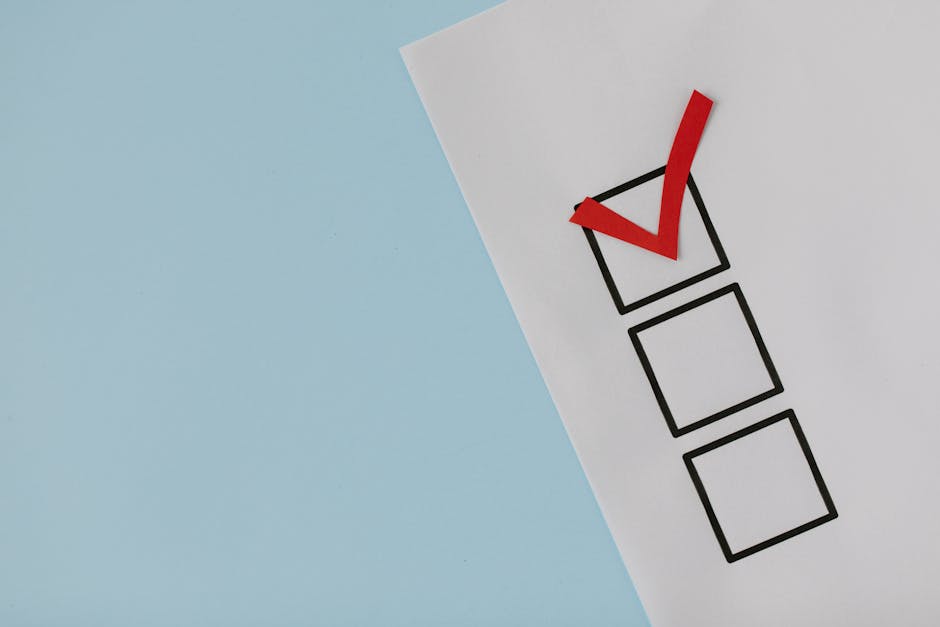Cholesterol-Lowering Supplements: Do They Work?
Worried about high cholesterol? you’re not alone. Heart health is a big concern for many people today. A recent study found that nearly 38% of adults have high cholesterol levels. This has led many to explore cholesterol-lowering supplements. But do they really work? Lets dive into the world of supplements and cholesterol.
What is Cholesterol?

Cholesterol is a waxy substance found in your blood. Your body needs some cholesterol to build healthy cells. However, too much can lead to serious health issues. Think of cholesterol like a traffic jam in your arteries. When theres too much, blood can’t flow smoothly.
Cholesterol comes in two forms:
- LDL (Low-Density Lipoprotein): Often referred to as “bad” cholesterol, it can build up in your arteries.
- HDL (High-Density Lipoprotein): Known as “good” cholesterol, it helps remove LDL from your arteries.
Why Lower Cholesterol?

High cholesterol can lead to heart disease, stroke, and other health problems. Lowering your cholesterol can significantly reduce these risks. You might wonder, “How can I lower my cholesterol levels?” Lifestyle changes are key. Diet and exercise play a huge role. But many people also look for supplements. So, let’s explore if these supplements are effective.
What Are Cholesterol-Lowering Supplements?

Cholesterol-lowering supplements come in various forms. Some are natural, while others are more synthetic. Heres a quick rundown of popular options:
- Fish Oil: Rich in omega-3 fatty acids, it can help lower triglycerides.
- Plant Sterols and Stanols: These are natural substances that block cholesterol absorption in the intestines.
- Red Yeast Rice: This is a fermented rice product that contains a natural form of lovastatin, a cholesterol-lowering drug.
- Fiber Supplements: Soluble fiber can help reduce LDL cholesterol levels.
Do Cholesterol-Lowering Supplements Actually Work?

The effectiveness of these supplements can vary. Some studies show positive results, while others are less convincing. Lets break it down further.
Fish Oil: Friend or Foe?
Fish oil is popular for heart health. It contains omega-3 fatty acids, which can lower triglycerides, a type of fat in your blood. However, it doesnt do much for LDL cholesterol.
Research indicates that fish oil can reduce the risk of heart disease. A study published in the Journal of the American Heart Association found that it can lower triglyceride levels by up to 30%. But remember, fish oil isn’t a miracle cure. It should complement a healthy diet and exercise.
Plant Sterols and Stanols: Do They Help?
Plant sterols and stanols are often added to foods like margarine and yogurt. They can help lower LDL cholesterol levels by blocking absorption. Some studies suggest they can lower LDL by up to 10% when consumed in adequate amounts.
For best results, aim for 2 grams per day. Look for products labeled “enriched with plant sterols.” Combining these with a healthy diet can maximize benefits.
Red Yeast Rice: A Natural Statin?
Red yeast rice is often marketed as a natural alternative to statins. It contains monacolin K, which is chemically identical to lovastatin. Some studies show that it can lower LDL cholesterol effectively.
However, there are risks. Since it’s unregulated, quality can vary. Some products may contain harmful substances. Always consult a doctor before trying red yeast rice, especially if you’re on other medications.
Fiber Supplements: How Do They Work?
Soluble fiber, found in foods like oats and beans, can help reduce cholesterol levels. It binds with cholesterol in the digestive system and removes it from the body. This helps lower LDL cholesterol levels.
Supplements like psyllium husk can be effective as well. Aim for at least 5-10 grams of soluble fiber daily for optimal effects.
Are There Any Side Effects?
Like any supplement, cholesterol-lowering options can have side effects. Heres what to watch out for:
- Fish Oil: May cause a fishy aftertaste, upset stomach, or diarrhea.
- Plant Sterols: Generally safe, but excessive amounts can cause digestive issues.
- Red Yeast Rice: Possible side effects include muscle pain and liver damage.
- Fiber Supplements: Can lead to bloating or gas if taken in excess.
Always consult with a healthcare professional before starting any new supplement. They can help you weigh the risks and benefits.
What About Diet and Lifestyle Changes?
Supplements can help, but they aren’t a substitute for healthy habits. Here are some lifestyle changes that can boost your cholesterol-lowering efforts:
- Eat Heart-Healthy Foods: Focus on fruits, vegetables, whole grains, and lean proteins.
- Incorporate Healthy Fats: Use olive oil or avocados instead of butter.
- Exercise Regularly: Aim for at least 150 minutes of moderate exercise each week.
- Quit Smoking: This can raise HDL cholesterol levels and improve heart health.
Common Misconceptions About Cholesterol Supplements
Many myths surround cholesterol and it’s management. Here are a few common misconceptions:
- All Cholesterol is Bad: Your body needs cholesterol to function properly.
- Supplements Can Replace Medication: Always consult a doctor before stopping prescribed medications.
- Cholesterol Comes Only from Food: Your body produces cholesterol, too.
Conclusion: Should You Try Cholesterol-Lowering Supplements?
Cholesterol-lowering supplements can be beneficial but might not be for everyone. They can complement a healthy lifestyle, but they shouldn’t replace it. Always consult a healthcare professional before starting any supplement regimen.
Remember, managing cholesterol is a journey. A mix of good diet, regular exercise, and possibly supplements can help you achieve your health goals. Take charge of your cholesterol today for a healthier heart tomorrow!



